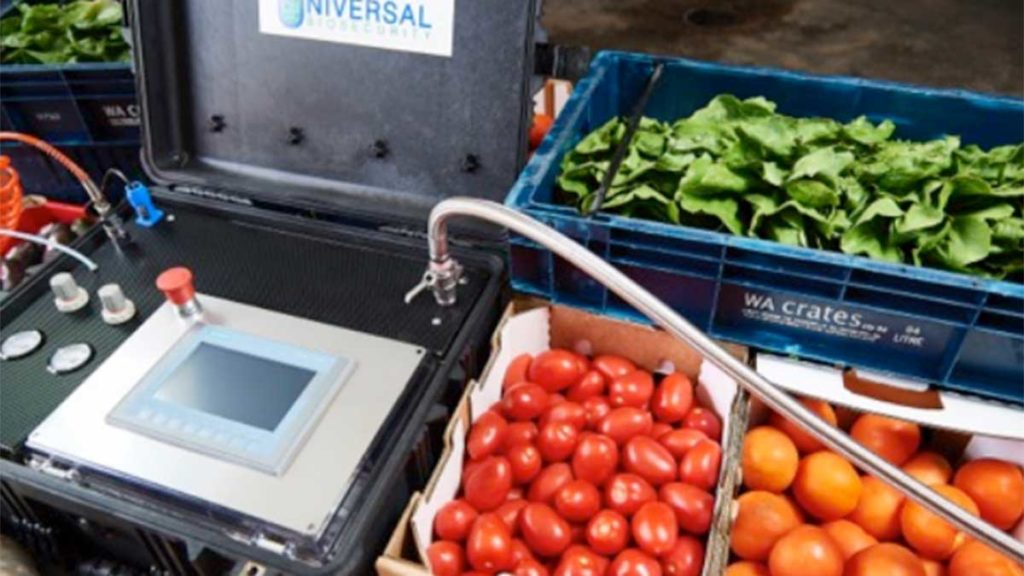IPO Watch: Universal Biosecurity is raising $5m for a non-toxic pesticide
IPO Watch
IPO Watch
Grain and food industries rely heavily on chemical-based fumigation to control insect and pest infestations — and some of the most dangerous chemicals are still in use in Australia.
As recently as 2015, up to 70 per cent of Australian strawberries were grown on runners that had been fumigated with an environmentally damaging pesticide that has been banned around the world, the ABC reported.
“Methyl bromide is an odourless and colourless gas which was banned under the United Nations Montreal Protocol in 2005 because it depletes the ozone layer,” the report said.
While the use of the chemical has come under increasing regulation since 2005, there has been no successful or cost-effective alternative.
Until now.
Universal Biosecurity’s patent fumigation technology is a non-toxic alternative to the agricultural industry’s reliance on fumigants, not only toxic to humans but highly hazardous to the environment.
Instead of the conventional toxic fumigants, the company uses a fumigation apparatus its calls Fume8, that combines food grade ethyl formate with nitrogen in the air to protect grain, vegetables, fruit and other products but keep them safe for human consumption.
Now, it is looking to raise $5 million at an issue price of 20c to commercialise its technology and cement themselves in the market.

Managing director Simon Andrew told Stockhead the technology was the result of strong industry participation and fulfilling a significant need.
“Chemical fumigants play an important role in protecting crops against pest infestation after they have been harvested. The problem for agricultural markets is that the incumbent fumigation chemicals have significant issued including toxicity, pest resistance and environmental degradation.
“The chemical we use, ethyl formate, is food grade and non-toxic to humans and with the delivery mechanism that we have engineered we can use a safe, inert, non-flammable gas that makes for an effective fumigation solution for crops.”
The company has already executed two licence agreements of the Fume8 system that will roll out in a number of States, providing revenue in the near-term through a royalty-based licensing model.
Australia will be their initial target market, but Mr Andrew said the technology had the potential to go global and countries such as South Korea – who are proactively looking for non-toxic solutions – would be next on the cards.
“At the moment the advances in the industry are driven by the industry but as government and consumers start to demand change there will be a greater groundswell,” he said.
“We see the agricultural industry following the trend in other industries to have a premium on a chemical-free label.”
Applications of non-toxic Fume8 extend further from agriculture to domestic settings also, with potential to be used in hotels for bed bugs or grocery stores and distribution centres.
Since January 1, 2005, all uses of methyl bromide other than for quarantine and pre-shipment or approved feedstock applications have been prohibited in Australia under the Ozone Protection and Synthetic Greenhouse Gas Management Act – the same act that regulated the manufacture of chloroflurocarbons (CFCs).
Grain handlers have been relying on phosphine for over 50 years but the process is laborious, expensive and the gas is becoming less effective as pests’ resistance to the chemical grows.
This special report is brought to you by Universal Biosecurity.
This article does not constitute financial product advice. You should consider obtaining independent advice before making any financial decisions.
Any documents linked or referred to in this article were not selected, modified or otherwise controlled by Stockhead.
Stockhead has not provided, endorsed or otherwise assumed responsibility for any financial product advice contained in the documents linked or referred to in this article.